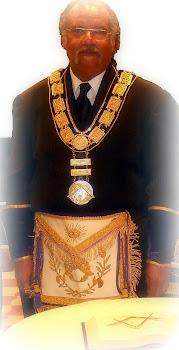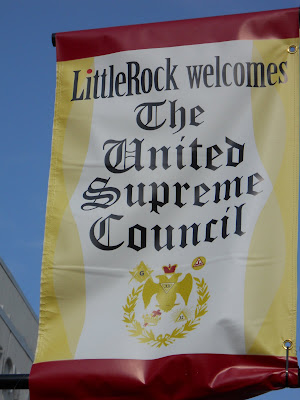Some appreciation of the historic background of Masonry is necessary
to an understanding of the Institution. Much research has been done
by many writers into the early history of Masonry. Some of that
research has been directed at finding some specific date, era or
place when or where the Institution could be said to have had its
beginning. That research has revealed that Masonry is very old. The
oldest existing records have references to still older Masonic
records. The Regius Poem about Masonry, for example, was written
some six hundred years ago. It refers to the statutes for Masonry
that were "ordained by King Athelstane" and King Athelstane had been
dead for more than four hundred years when the Regius Poem was
written.
Research has not revealed any starting time or place for Masonry,
only that it appears to have existed in that remote period beyond
the beginnings of recorded history. Aristotle held that man is a
political animal. He lives not on his own, but in a society that
even at its most primitive stage must have had organization. In
order for the human race to progress there must have been, even in
primitive times, men who speculated or meditated about God and the
nature of His creation. The established fact that Masonry is of very
ancient origin, together with the fact that the basic precepts of
the Institution are time-less in their appeal to the best thinking
of human society, strongly suggest that Freemasonry today is in the
legitimate and unbroken line of descent from the first society of
men who had the intelligence to feel awe and reverence for the life,
order, beauty and harmony of the world around them and were
impelled by that feeling to worship the Divine Architect who
designed and governs all. "The ordinance of God, how inscrutable it
is, and goes on forever."



